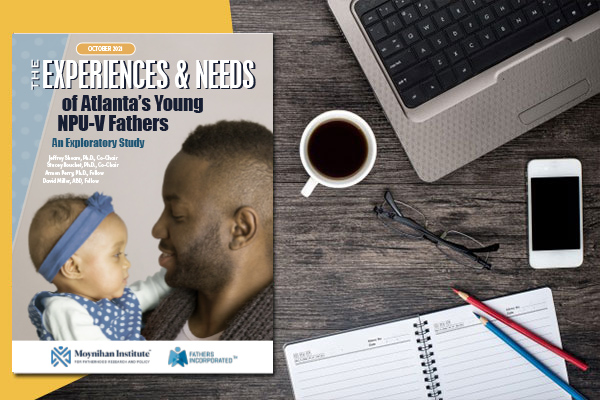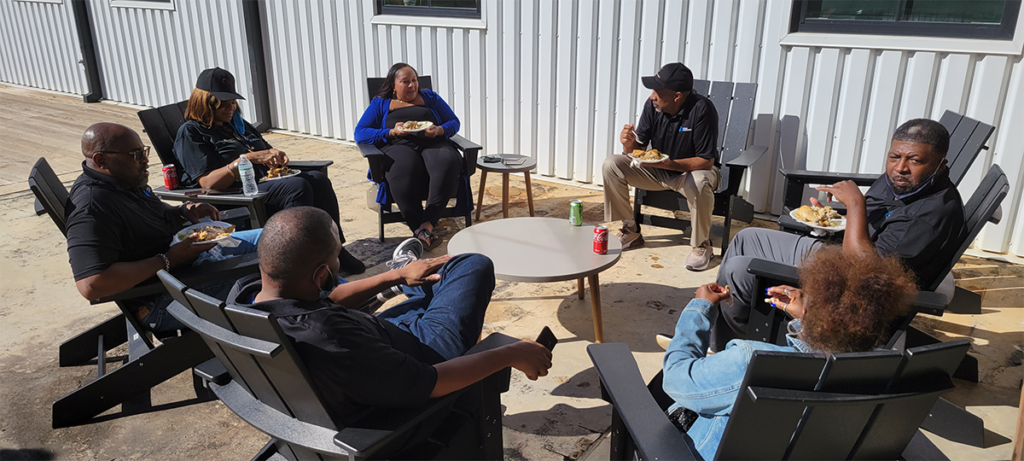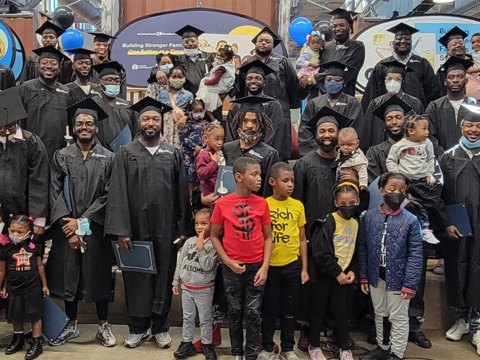Report Highlighting the Experiences and Needs of Young Fathers in Atlanta’s NPU-V Area

Fathers Incorporated’s Moynihan Institute conducted an exploratory study and wrote a report about how to best engage and support young, low-income fathers in Atlanta.
ATLANTA (December 6, 2021)— Fathers Incorporated (FI), with support from the Annie E. Casey Foundation’s Atlanta Civic Site, explored fatherhood among young low-income African American fathers between the ages of 16-24. This work is important because it highlights engagement by and support needed for young African American fathers in the NPU-V community.
The Moynihan Institute (MI) for Research and Policy provides descriptive and explanatory research and policy positions on issues that impact Black families from the perspective of fathers. This work is important for academicians and practitoners who focus on fathers and fatherhood work. MI is overseeing this project.
“With this report, Fathers Incorporated has uncovered some of the policies, practices and narratives that create systemic barriers for fathers of color in NPU-V. This kind of research should be replicated across Atlanta so that all fathers can be welcomed as critical partners in building strong and resilient communities.”
Kweku Forstall, director of the Annie E. Casey Foundation’s Atlanta Civic Site. “

This exploratory study found several important factors for fathers that should be considered in the future: The fear African American father’s associate with wanting to be a good dad; understanding father identity and roles; and, how to make the abundant fatherhood resources in the NPU-V community visible and accessible to young African American fathers. This exploratory research makes a needed contribution to the literature and documentation about NPU-V families and conditions, which does not include a focus on fathers, particularly young fathers, as potential contributors to their families and community.
“This study suggests that fathers desire to be impactful dads but need support as a parent. Given that all children have a father, we should strongly consider policy that support men in their parenting roles. This is especially important for young fathers who reside in or were reared in communities without good models of fathers,”
Jeffrey Shears, Ph.D; Co-Chair, Moynihan Institute for Fatherhood Research and Policy.”



